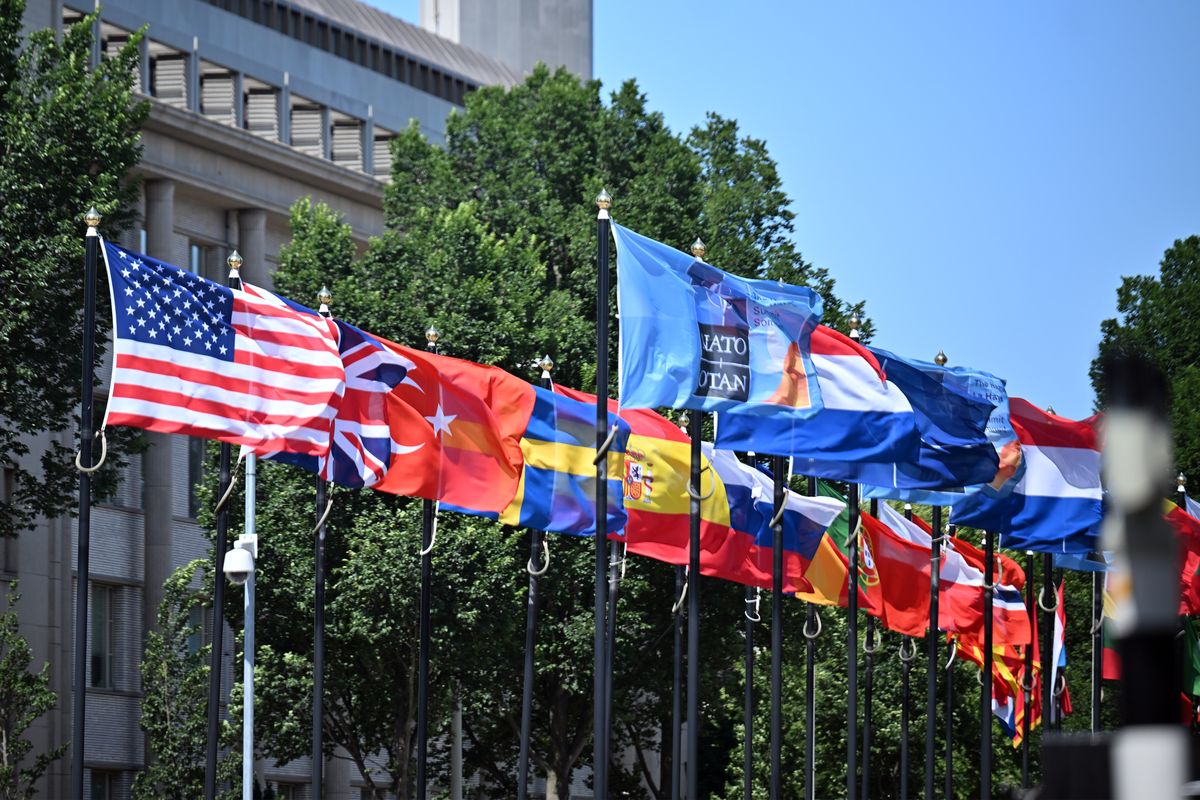Tensions between the U.S. and Turkey have been on the rise, beginning with different priorities over Syria and ISIS, and then ham-handed American reactions to, and Turkish accusations of, U.S. involvement in the failed July 15 Turkish coup. Unsurprisingly, this has raised the question, can the U.S. rely on Turkey?
The Foundation for the Defense of Democracy has, for example, pressed for a review of alternatives to U.S. use of the joint airbase at Incirlik, Turkey. While bilateral tension abated following President Barack Obama’s meeting with President Recep Tayyip Erdogan in early September and U.S. commitments to act on the Turkish extradition request for Fetullah Gulen, who the Turks believe was behind the coup, a cost-benefit calculus of the U.S.-Turkish relationship may help both sides chart their behavior with the other.
International systems usually are either hub and spoke, such as the Soviet Union and its satellite countries, or realpolitik models of sovereign equivalent nation states pursuing, in cooperation or conflict, their national interests. The U.S. and Turkey, however, are partners in a hybrid model: a global alliance, with the U.S. as the first among equals, but the other states fully independent. While this hybrid has a common liberal ideology, it is weaker than Communism was in the Soviet model, and partner states often act at odds with the system administrator, the United States.
International systems also have basic purposes. In the case of the U.S. hybrid, it is to maintain a global political-economic order centered on collective security. Turkey, particularly under President Erdogan, has questioned this order. Nevertheless, Turkey’s economic and political ties to the West, including NATO membership and EU trade and candidacy, are major factors in that nation’s worldview.
The benefits of this system for Turkey are obvious: security guarantees, for example, after the shoot-down of a Russian aircraft; and export-led doubling of GDP due largely to trade and investment with the West. Such benefits, as well as the Turks’ vision of themselves as European, provide reverse leverage that brakes any temptation to stray from the EU and U.S. But, as seen in Turkish disputes with the EU over refugees, or with the U.S. in Syria (ISIS as number one priority for Washington; combating the Assad regime and the PKK-linked Syrian Kurdish PYD for Ankara), or Fetullah Gulen, tensions can call into question the quality of the West-Turkey relationship.
Yet, before Washington pushes the pivot button away from Turkey, it needs to consider the following.
First, assuming the U.S. is still committed to a stable order in the Middle East—even if this commitment is being challenged during this Presidential election cycle—Turkey is critical. Why? Most importantly, because threats to the international order have grown—an expansionist Iran liberated by the nuclear agreement, Russian intervention in Syria, and the persistence of extremist Sunni movements, ISIS and al Qaeda. Moreover, the home team has been weakened by the Arab Spring. Political turmoil has crippled key Arab ally, Egypt; the fall in oil prices has impacted Washington’s GCC (Gulf Cooperation Council) allies; and the widespread perception that the Obama administration is ambivalent about the fate of its regional partners has undermined the U.S.-led regional order. Under such circumstances, any break with Turkey would be a disaster. Turkey recognizes that Washington’s need to avoid more diplomatic broken crockery in the Middle East gives it room to maneuver against Washington.
While this diplomatic leverage is key, Ankara has other leverage. Turkey occupies strategic real estate. Its dominance of the Dardanelles as the executor of the Montreux Convention – a post-World War II convention that gives Turkey control over the Dardanelles and Bosphorus Straits – limits, to some degree, Russian naval sorties out of the Black Sea, while facilitating NATO penetration of it. Russia’s ability to reinforce Syria rapidly is also hampered by Turkey’s control of airspace south of the Black Sea. Conversely, that airspace permits U.S. access to Iraq, the Caucasuses, and even Afghanistan.
Furthermore, that airspace, the powerful Turkish military, and the Turkish bases the U.S. uses, beginning with Incirlik, are vital to the U.S. campaign against ISIS. Thus, when the U.S. and Turkey disagreed on the role of the YPD (the Kurdish militia in Syria) against ISIS, the U.S. largely acquiesced. The YPD is an important ally against ISIS; Turkey is a vital one.
Finally, Turkey provides NATO with a strong southern wing for NATO’s nuclear strike mission, an anti-missile defense system including a key radar, and a regional alliance headquarters.
There is simply no alternative for the West to project power in the region without Turkey. That is Ankara’s ultimate leverage over Washington. But there is no real peace or prosperity for Turkey without the West, and that limits use of this leverage.













